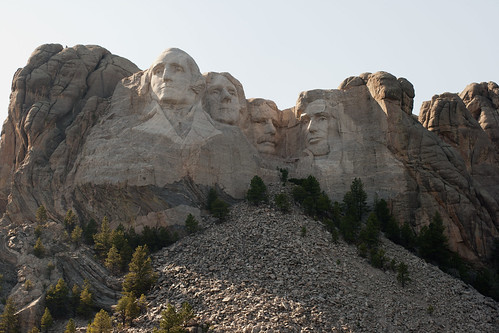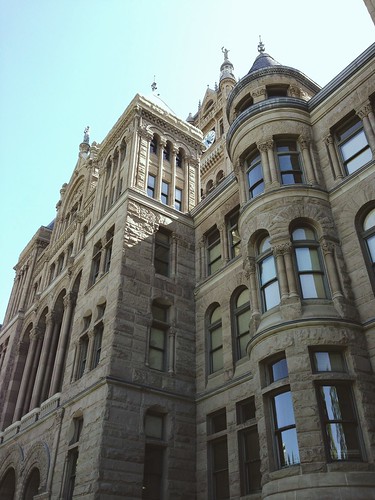I don't know why I started following Anthony Bourdain on Twitter. I'm a big food guy and I love traveling — two things Bourdain has mastered — so I guess it was inevitable. So when Bourdain started tweeting about the premiere of his new food/travel show Anthony Bourdain: Parts Unknown on CNN, I figured I'd set my DVR and watch it later. I guess I didn't have much to do that Sunday night because "later" happened to be an hour or so after the premiere aired. I was hooked, instantly.
Bourdain is no stranger to culinary travel television. Parts Unknown, however, is a bit different because, as the name would suggest, Bourdain's travels include destinations that are well off the beaten path, some of which might seem quite unfriendly to Americans, outsiders, and even their own citizens, locales like Columbia, Libya, Myanmar, and Congo. I'm particularly partial to the Quebec episode, having spent some time there as an LDS missionary.
When the newest issue of Lucky Peach — an awesome, well-designed quarterly food magazine — arrived in the mail on Monday the first piece I read was a short essay by Bourdain called "Even The Jungle Wanted Him Dead." The first paragraph really stood out:
As I've come to learn over the last thirteen years of near-constant movement around the globe, travel at its best — and its worst — is a journey of discovery. The destination is not nearly important as the process of getting there, or the friends one makes, or the experience of local cultures and foodways, or the way one is changed by the distance where you started and where you end up.
Not only is that true with traveling, but it's a perfect metaphor for life and for any friendship or relationship.
Here's an example: last August my friend Devyn and I flew up to Washington to help my friend Jeff drive his minivan from Everett to Boston (we picked up Whit en route in Montana). On our first day of the trip, as we neared Spokane, Jeff had me find the nearest Coscto so we could pick up a bag of chips he really likes. I was annoyed. I shared this annoyance in a text message with my then-girlfriend. Her response echoed Bourdain's sentiments, "It's about the journey, not the destination."
I tried to embrace that attitude, but when we left the van and walked into that busy Costco — it was noon on a Saturday — in a dingy part of Spokane, I nevertheless felt it my duty to be sure that we spend as little time as possible inside the store. As we passed the lady at the exit who checks your receipt and walked through the parking lot, my mood softened a bit and I started to appreciate this city in which I had never set foot, surrounded by people who were likely to be as interesting, or maybe even more so, as the ones I knew back home.

Whit on the left, Devyn on the right. At the Little Big Horn National Monument in Montana.
As I look back on that pit stop, I shake my head at my annoyance. What negative impact did that 30 minute detour have on a six day, 3,000 mile road trip? Or yet, what right did I have to be annoyed at any point during a six day, 3,000 mile road trip that spanned 11 states and one Canadian province, with three of my oldest and closest friends, friends that I have known for longer than I have not known them? We had planned and anticipated this road trip — a dream road trip, a trip that I now think about several times a week — for eight months and here I was being a crybaby.

Some famous dead guys.
And still, I have to go easy on myself because I wonder if I didn't know how not to be annoyed. I come from a family whose road trips were very much about the destination. You try driving from Phoenix to Salt Lake City every summer in a sweaty van full of five grumpy kids and tell me you don't want to get there in a hurry. And when residing at the destination were grandparents, cousins, aunts, and uncles that you didn't get to see often enough, then yes, the destination was a priority. And I do have good memories from the journey of those drives, even if for my family the journey itself wasn’t always a focal point — the park in Kanab, Utah, where we would play at while my mom took a quick nap, and that trip where we listened to nothing but Peter Cetera's World Falling Down because the stereo in our old van could not eject tapes.
There's nothing wrong with speeding toward a destination — as long as you realize that there is life to be enjoyed while on that speedy and perhaps brief journey.
And yet, as someone who has spent a great deal of time trying to speed through life, I look forward to and search out and maybe even ache for those journeys — literal and metaphorical — that are slow, meandering — and maybe even epic.



